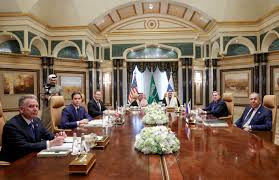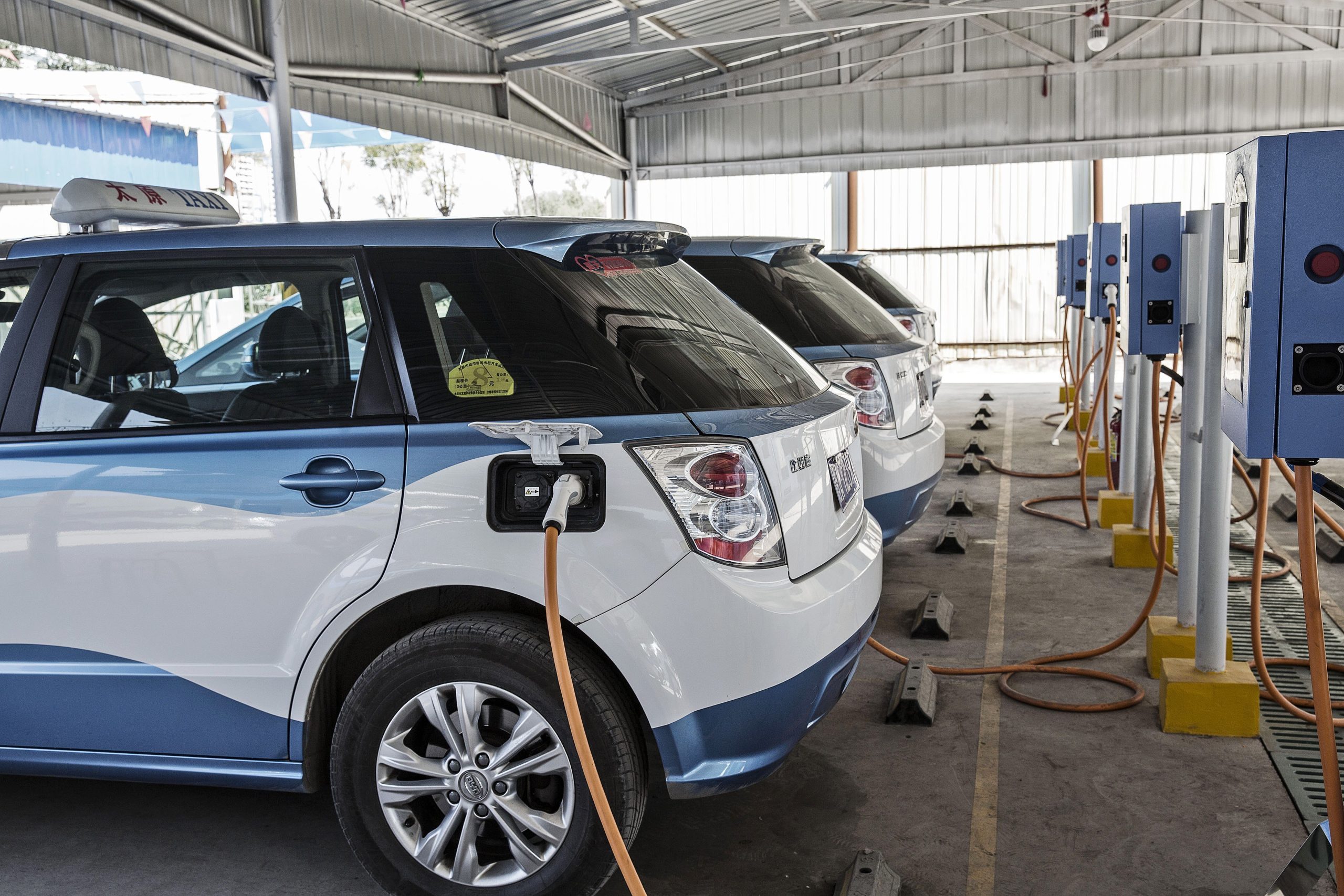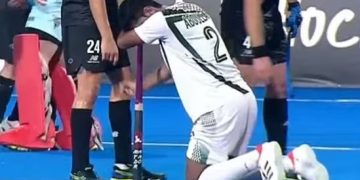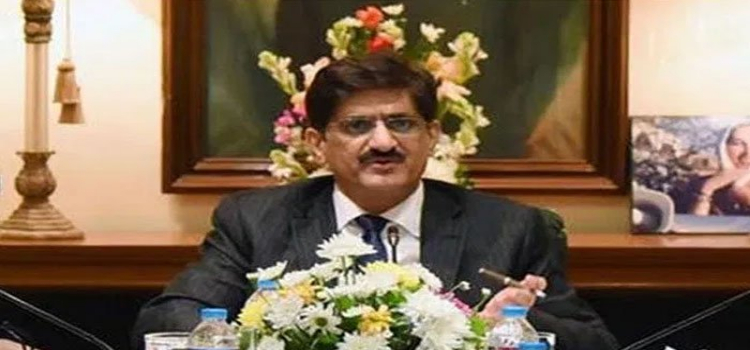After the matter of elections to two provincial assemblies landed in the Supreme Court through a suo motu notice, and it ordered the election commission to hold the exercise within 90 days, the government decided to undertake immediate legislation for judicial reforms.
On Tuesday evening, a draft of the proposed legislation was approved by a meeting of the federal cabinet, chaired by Prime Minister Shehbaz Sharif, before being presented in the Lower House.
Sources said Law Minister Azam Nazir Tarar drafted the bill, which has been finalized by the cabinet that is meeting for a special session in the Parliament House.
The bill is now set to be presented in the National Assembly. The assembly will then send the proposed bill to its Standing Committee on Law and Justice today.
A meeting of the standing committee will be held tomorrow morning, the sources said, adding the committee meeting will be chaired by Mahmood Bashir Virk.
The standing committee will approve the bill and submit a report to the House, which will then give it the final approval the same day.
The proposed bill will then be tabled in the Senate on Thursday for approval.
The law minister suggested limiting the absolute powers of the Supreme Court.
Under the bill, three senior most judges will have the right to appeal against the suo motu notice within 30 days.
The draft bill states that the appeal can be fixed for hearing in 14 days. Under the bill, three senior-most judges will look into the issue of suo motu notice.
The Supreme Court benches will be constituted by a committee consisting of the chief justice and two senior-most judges, the draft states.
The three-member committee will make a majority decision. The issue of taking suo motu notice will be referred to a three-member committee for a review.
If the committee declares it an issue of fundamental rights, a three-member bench will hear the matter. The three-member bench may also include members of the committee that review the suo motu notice.
Under the proposed amendment, the right of appeal has been allowed under Article 184(3) of the Constitution.



















































